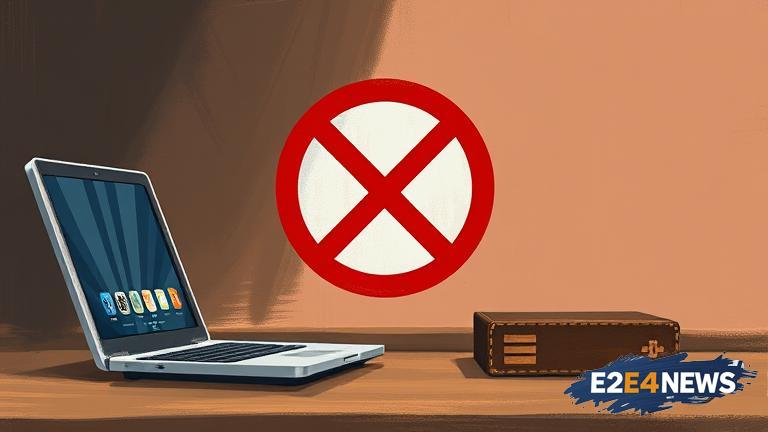The Eight Circuit Court has recently made a significant ruling that affects subscription services across the United States. The court blocked the Federal Trade Commission’s (FTC) click-to-cancel rule, which required companies to make it easy for customers to cancel their subscriptions online. The rule was intended to prevent companies from making it difficult for customers to cancel their subscriptions, a practice known as ‘dark patterns.’ The FTC had argued that companies were using deceptive tactics to keep customers subscribed, such as hiding cancellation buttons or requiring customers to call a phone number to cancel. However, the court ruled that the FTC did not have the authority to implement such a rule. The decision is a significant setback for consumer protection advocates, who argue that the rule was necessary to protect customers from unfair business practices. The ruling may also have implications for companies that offer subscription services, as they may no longer be required to make cancellation easy for customers. The FTC had announced the click-to-cancel rule in October 2022, and it was set to go into effect in June 2023. The rule would have required companies to provide a simple and easy-to-use cancellation process, such as a cancellation button on the company’s website. Companies that failed to comply with the rule could have faced fines and other penalties. The ruling is a victory for companies that had challenged the rule, arguing that it was overly broad and would have been too burdensome to implement. The court’s decision may also have implications for other consumer protection regulations, as it limits the FTC’s authority to implement rules without explicit congressional authorization. The FTC may appeal the decision, but for now, the click-to-cancel rule is blocked. The ruling has sparked debate among consumer advocates and businesses, with some arguing that it will lead to more deceptive practices and others arguing that it will promote innovation and competition. The decision is also likely to have implications for state-level consumer protection laws, as some states may attempt to implement their own click-to-cancel rules. Overall, the ruling is a significant development in the ongoing debate over consumer protection and the role of government regulation in the digital economy. The court’s decision highlights the challenges of regulating complex issues like subscription services and the need for careful consideration of the potential consequences of government intervention. As the digital economy continues to evolve, it is likely that there will be ongoing debates over the best way to protect consumers and promote competition.
